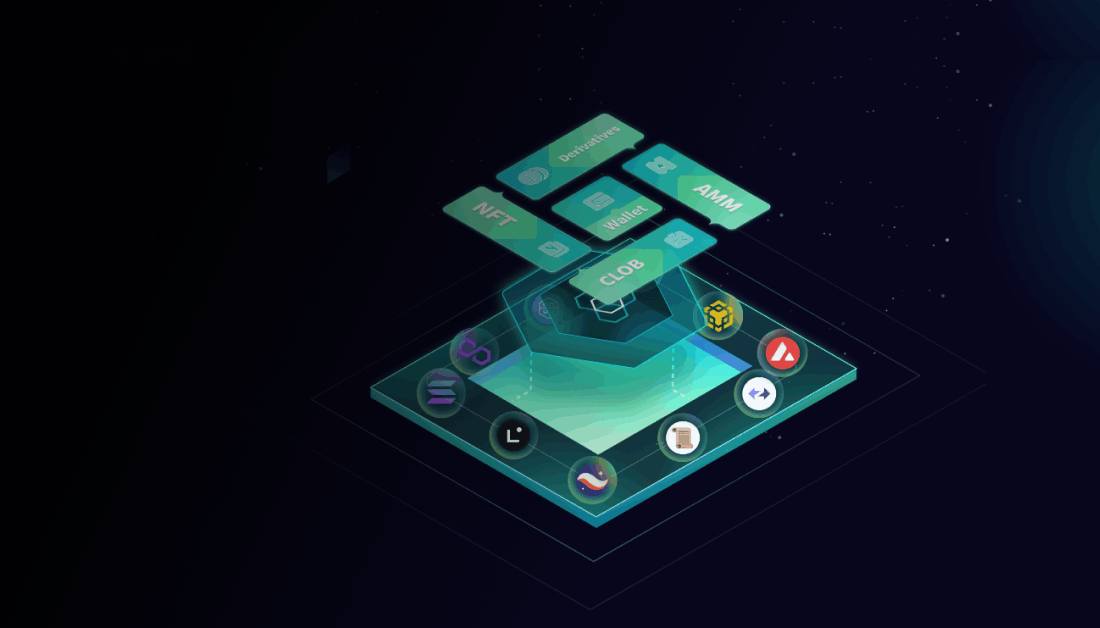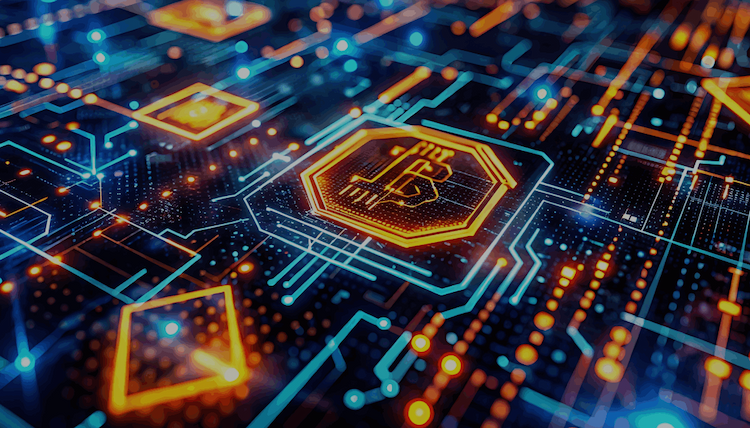
As zero-knowledge technology expands beyond scaling EVM-based blockchains and emerges as a prominent topic in the crypto space, we are delving deeper into zkLink. This infrastructure project ingeniously applies this revolutionary technology to a new business scenario: multi-chain interoperability.
Ethereum often suffers issues with slow transaction speeds and high fees. To tackle this problem, new “Layer2” networks have emerged built on top of the main Ethereum network to provide users with faster and more affordable transactions while benefiting from the security of the larger underlying blockchain.
One type of solution is known as a “Rollup”, which comes in two variants: Zero-Knowledge Rollups (ZK-Rollups) and Optimistic Rollups.
ZK-Rollups utilize advanced cryptography known as zero-knowledge proofs to verify transaction validity with minimal information. These rollups offer privacy, efficiency, and affordability. Unlike Optimistic rollups, which require funds to remain on the network until the dispute resolution period ends, ZK-Rollups allow for faster fund withdrawals with instant finality.
Several Layer 2 solutions, such as Scroll, Polygon, StarkNet, and zkSync, have significantly progressed in scalability and lower fees. However, they still face challenges in terms of liquidity fragmentation and inefficient bridging solutions in the long run.
zkLink is introducing a "middleware" solution that complements these existing solutions by aggregating their liquidity, greatly benefiting the end user.
Simultaneously, zkLink is developing a customizable API that developers can utilize to deploy decentralized applications (dApps) on this middle layer. By doing so, developers can maximize capital efficiency as they no longer need to worry about which specific network has the highest Total Value Locked (TVL). They can connect to multiple networks for an optimal user experience without compromising security or decentralization.
Enabling Seamless Multi-chain Trading for DeFi and NFTs
zkLink is a trading infrastructure aiming to revolutionize decentralized trading products like order book DEXs, NFT marketplaces, and more. The project’s decentralized trading infrastructure makes it easier for users to trade among various ecosystems by leveraging the robust security of zk-SNARK technology.
At its core, zkLink consists of a ZK-Rollup middleware that integrates with various layer 1 chains and layer 2 networks.
zkLink solves three main issues:
- Liquidity fragmentation
- Navigation complexity
- Security risks during inter-chain transactions
It offers a comprehensive set of plug-and-use APIs, empowering developers to deploy trading decentralized applications (dApps) with high-level customization. It works because dApps gain access to a pool of aggregated liquidity, enabling seamless multi-chain trading experiences for end users like DEXs. Additionally, zkLink extends support for Omnichain Fungible Token (OFT) issuance and bridging, further expanding its capabilities and facilitating token interoperability.
zkLink currently supports Ethereum, Polygon POS, Avalanche, BNB Chain, zkSync, and Linea, with plans to connect more networks such as StarkNet, Scroll, Polygon zkEVM, and Taiko in the near future.
Ahead of their Mainnet launch, planned to happen in Q3 of this year, zkLink raised $10 million in a strategic funding round from a line of investors, including Coinbase Ventures, Ascensive Assets, SIG DTI, BigBrain Holdings, Efficient Frontier, and others. This latest round brings the infrastructure's total funding to $18.5 million, with previous investors including Morningstar Ventures, Skynet Trading, Huobi Capital, and more.
The Dunkirk Test - Proving Asset Custody
In May 2023, zkLink launched The Dunkirk Test – a community campaign to showcase zkLink’s robust security design even under extreme cases. With Dunkirk, zkLink simulated a shutdown of their infrastructure to see if the asset recovery feature works.
Morningstar Ventures, Coin.fyi’s parent company, along with Unipass, Bware Labs, Meria, and more, were third-party recovery node providers in this process. The nodes used during the test were responsible for recovering blockchain data after the shutdown.
During the test, participants were able to experience how zkLink is radically different from CeFi projects, that even if zkLink went dark or shut down, one still has control over their assets, and they are not “stolen” from you. The campaign was a success, and the project proved the strength of their infrastructure and the power of decentralization.
zkLink's Critical Role in the Crypto Ecosystem
Over the past few years, the crypto industry has suffered numerous challenges, such as rug-pulls, hacks, and bankruptcies, resulting in significant financial losses of billions of dollars.
zkLink’s robust security measures and the team's dedication to empowering crypto asset owners will play a crucial role in the future of multi-chain trading, asset management, and protection.
The Dunkirk Test was a “staged rug pull” that allowed users to retrieve their assets from a recovery node – proving to everyone how they will always be in self-custody.
By reconstructing asset balances from all interconnected blockchains and facilitating their withdrawal back to users' wallets, zkLink aims to instill confidence and peace of mind among its users. With the multi-chain trading layer, zkLink strives to provide the most straightforward and safest experience within the crypto industry.
The team aims to optimize circuit performance and launch the zkLink Mainnet in the upcoming months. We look forward to the forthcoming launch and wish the team luck with their roadmap.



